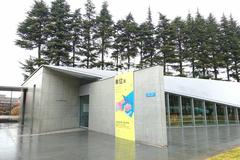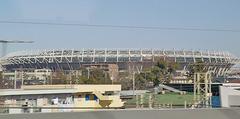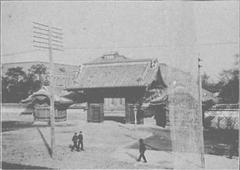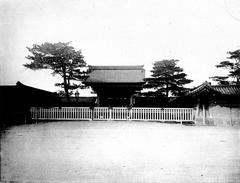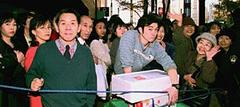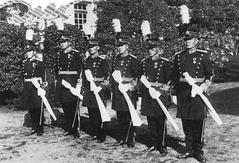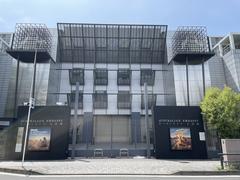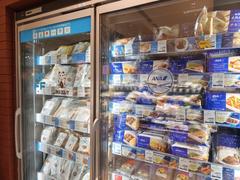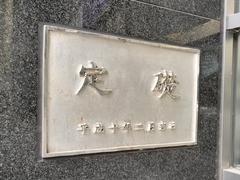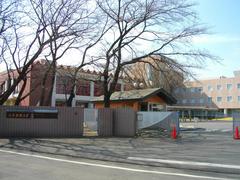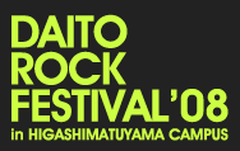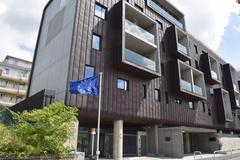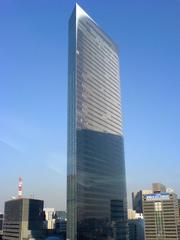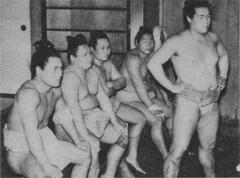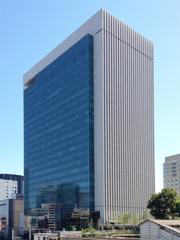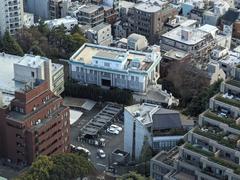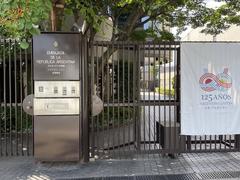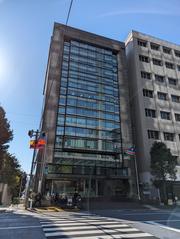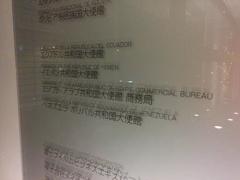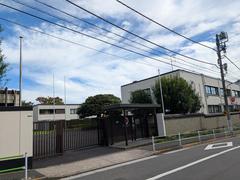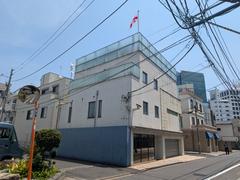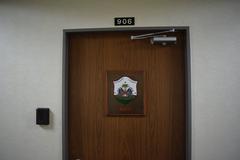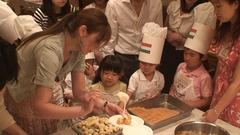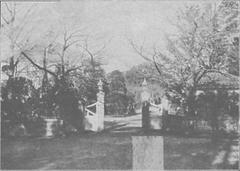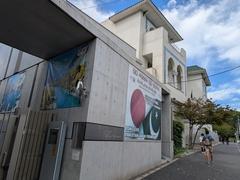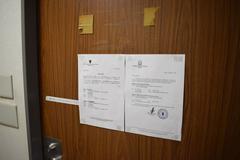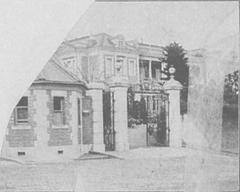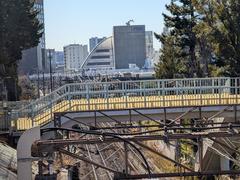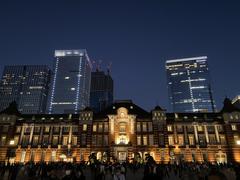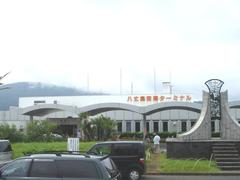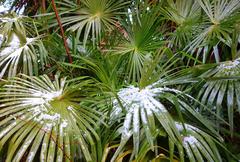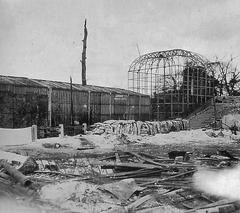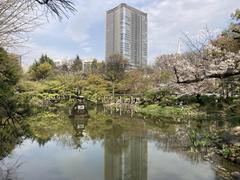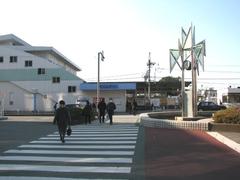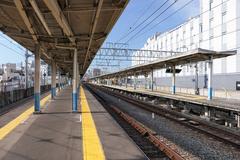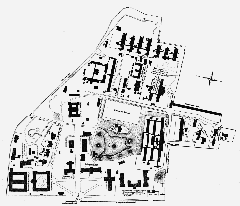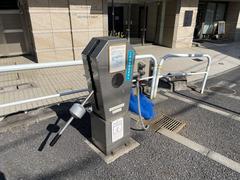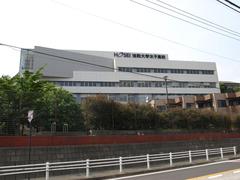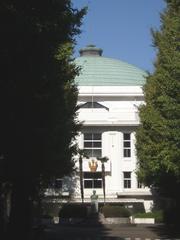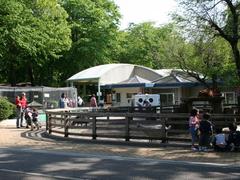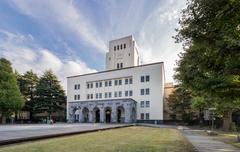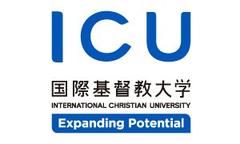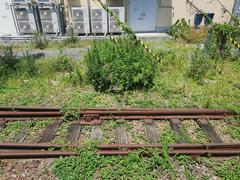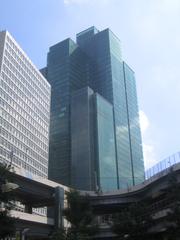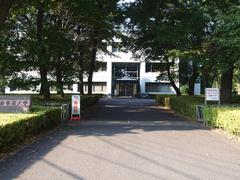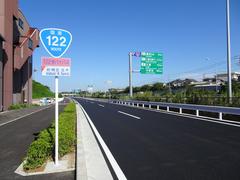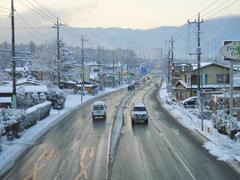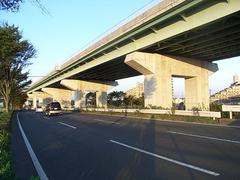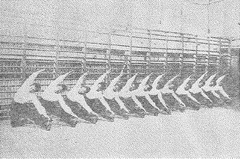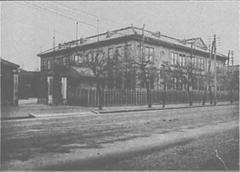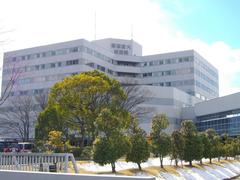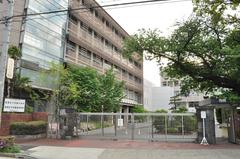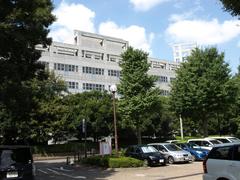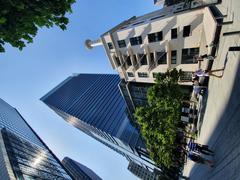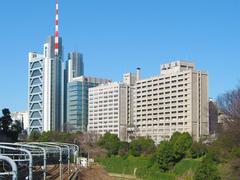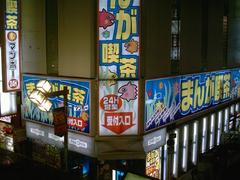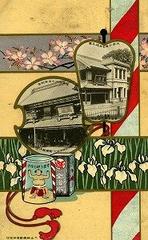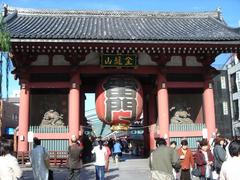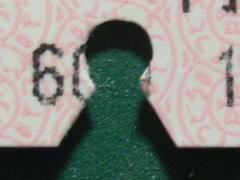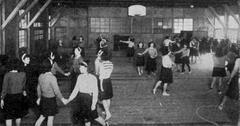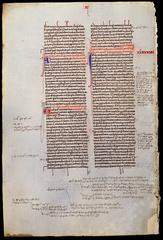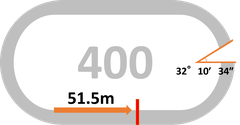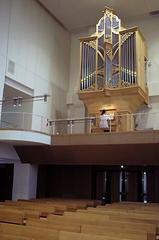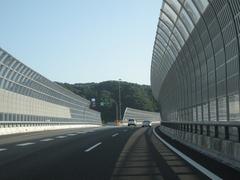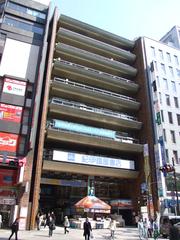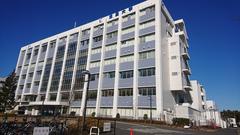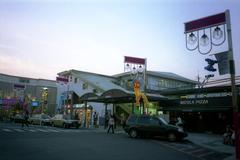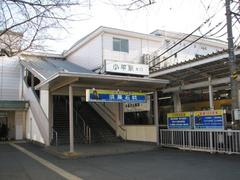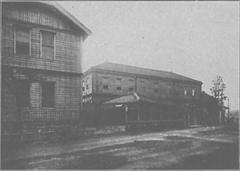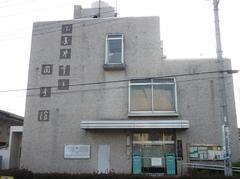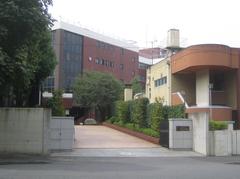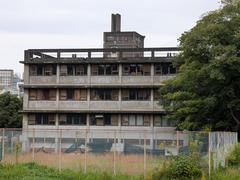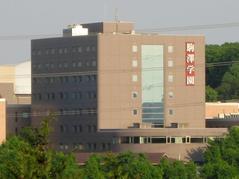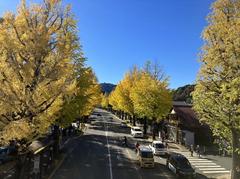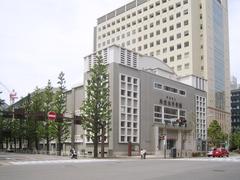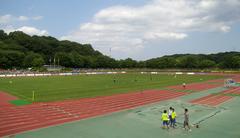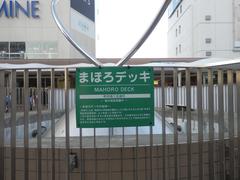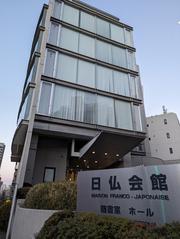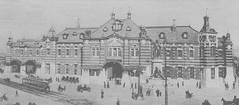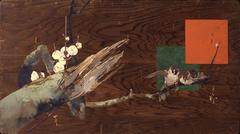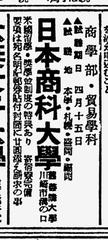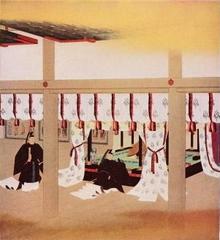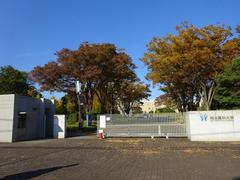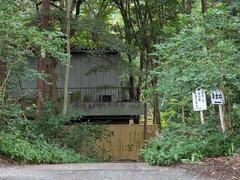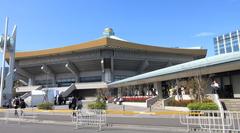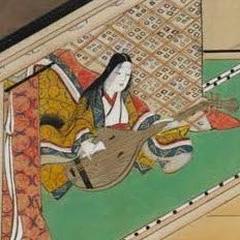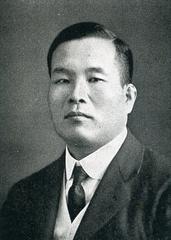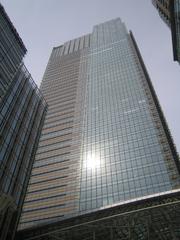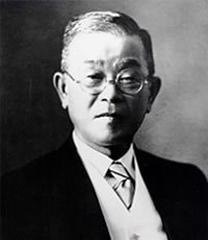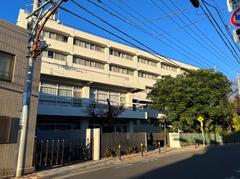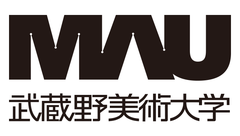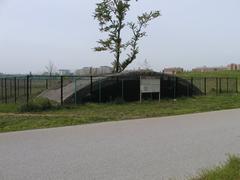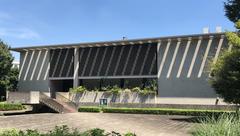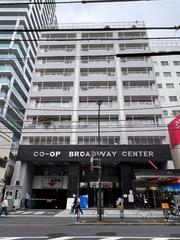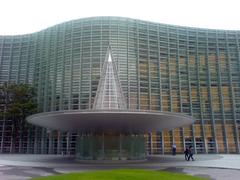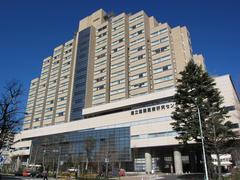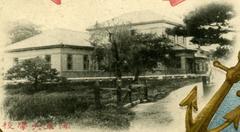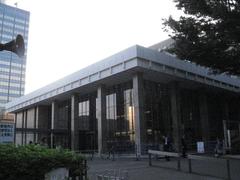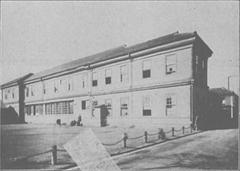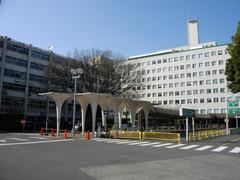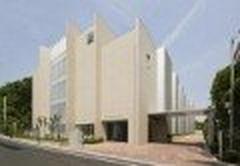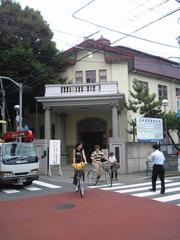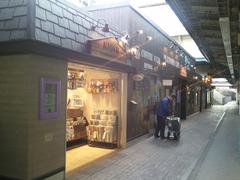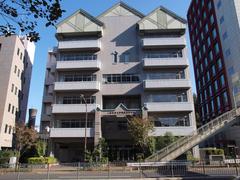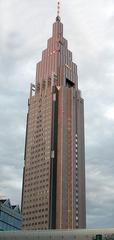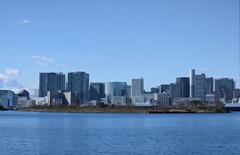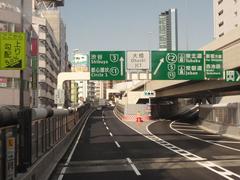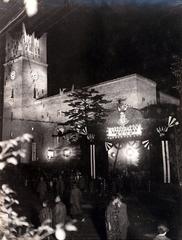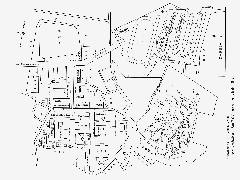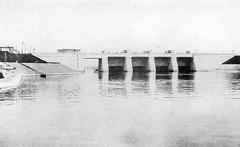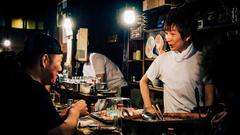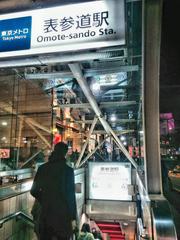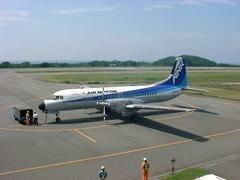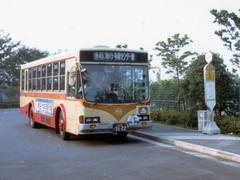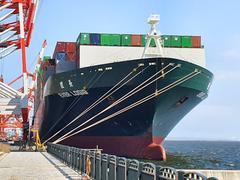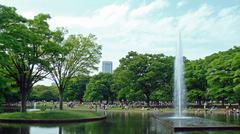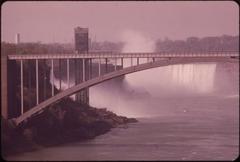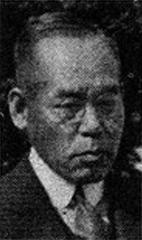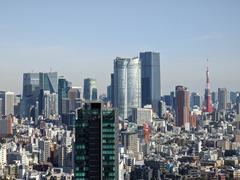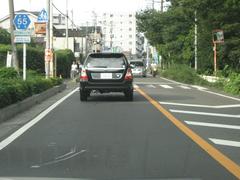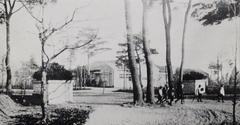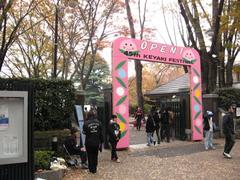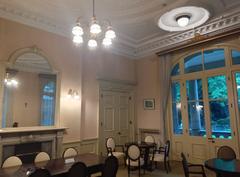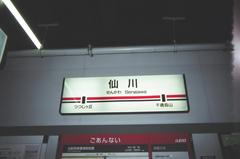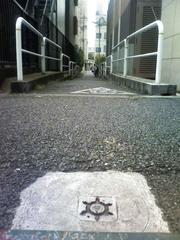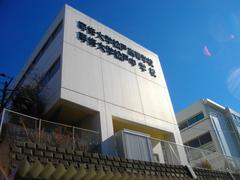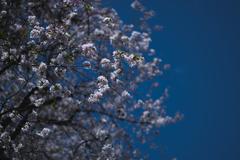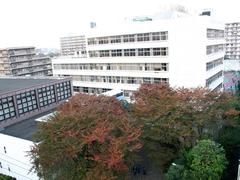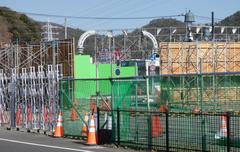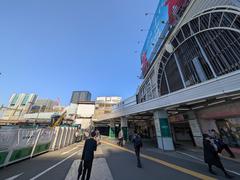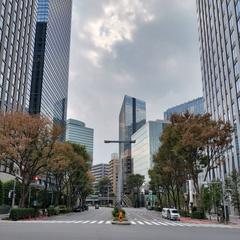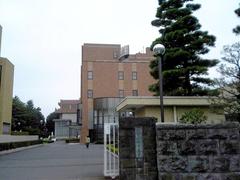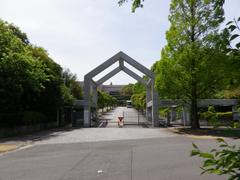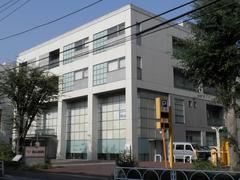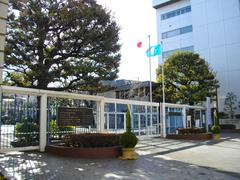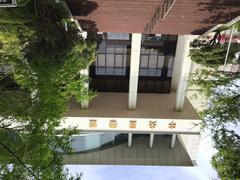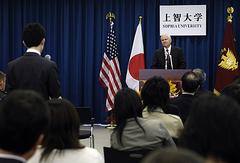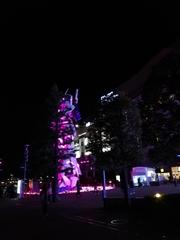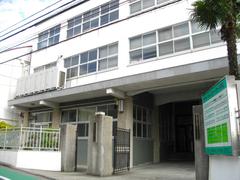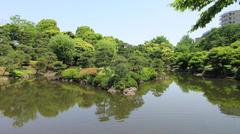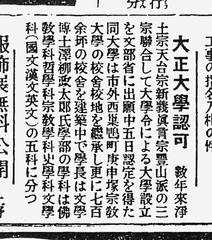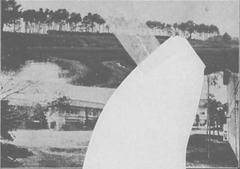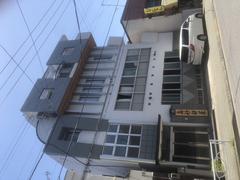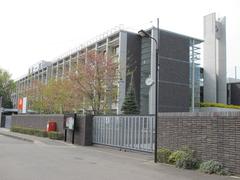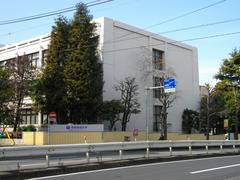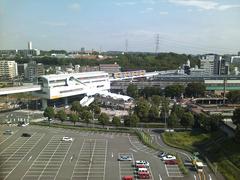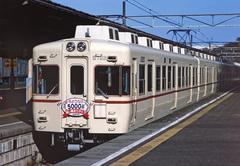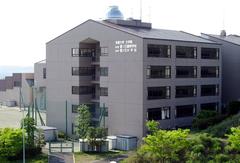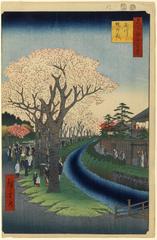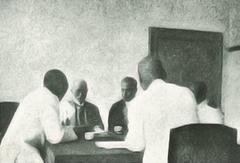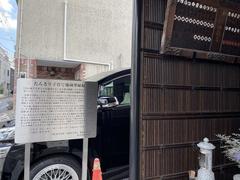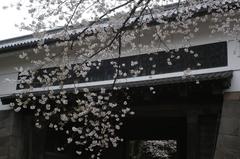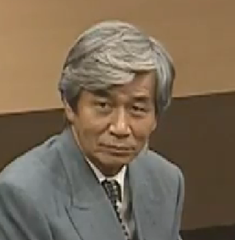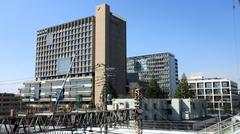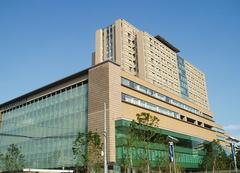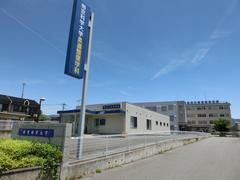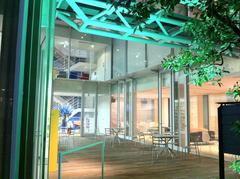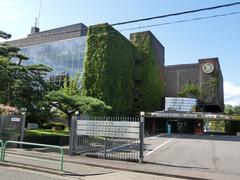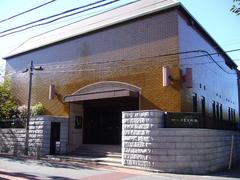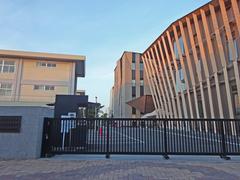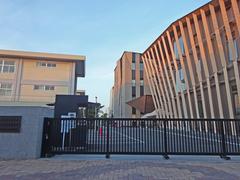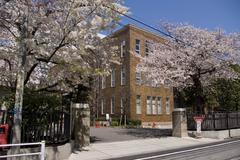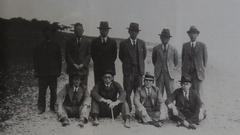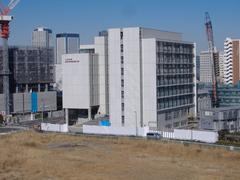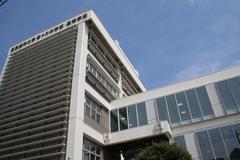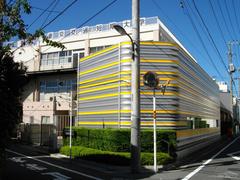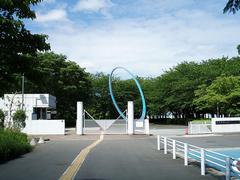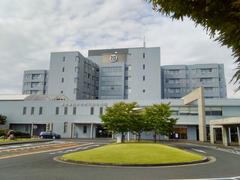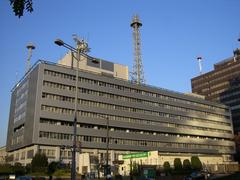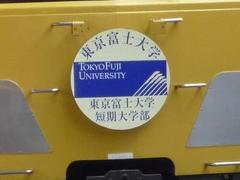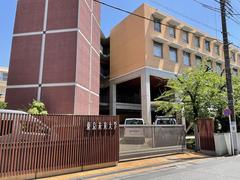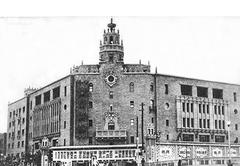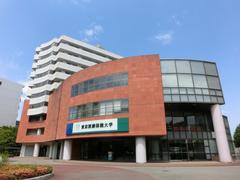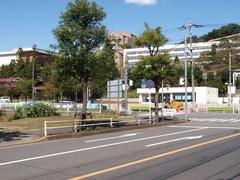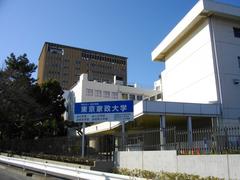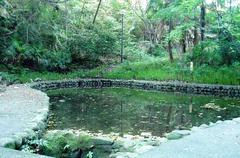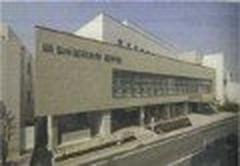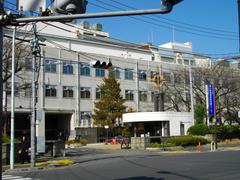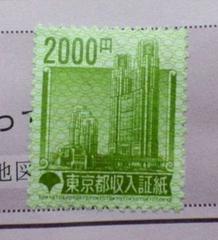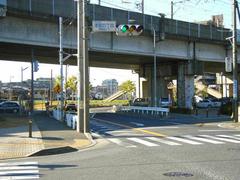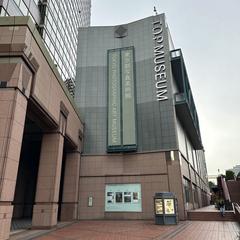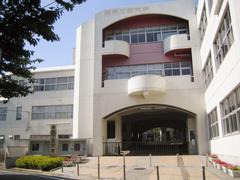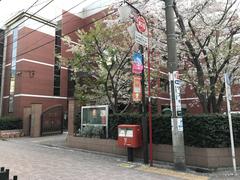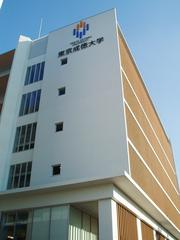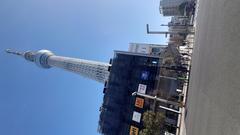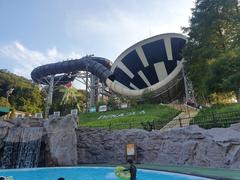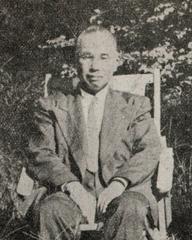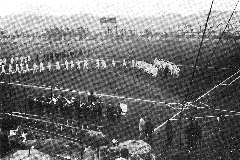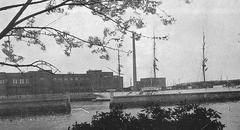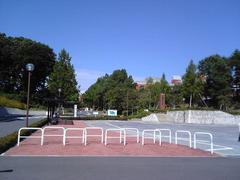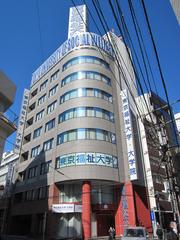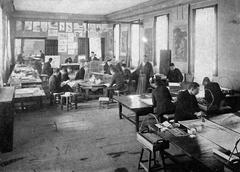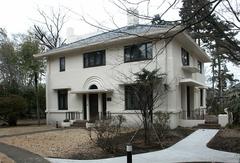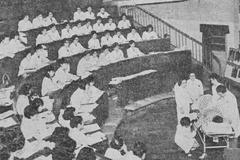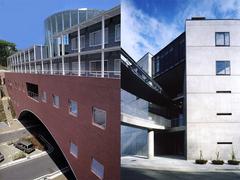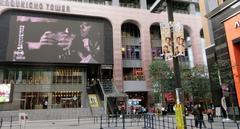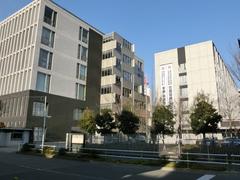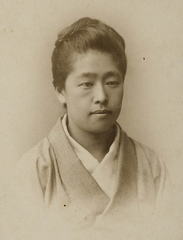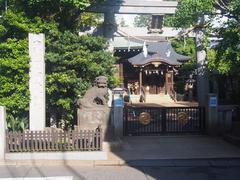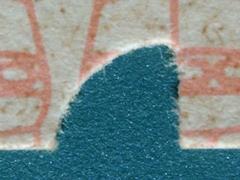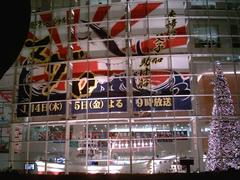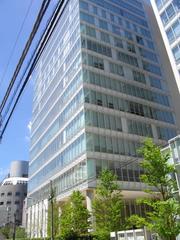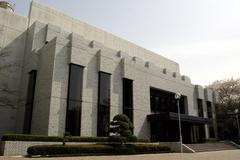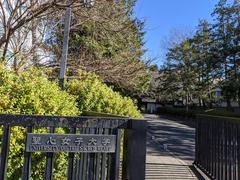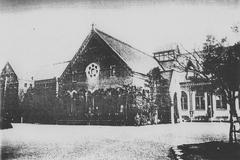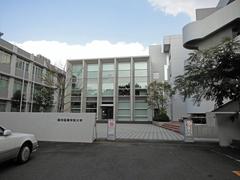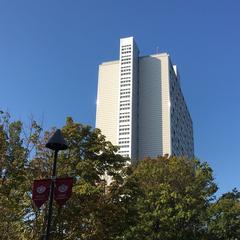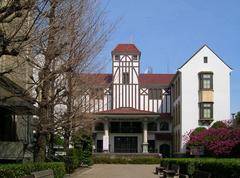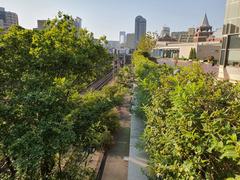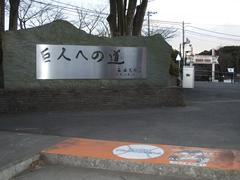
Meiji Jingu Gaien Stadium Tokyo: Visiting Hours, Tickets, and Travel Guide
Date: 03/07/2025
Introduction
Meiji Jingu Gaien Stadium, nestled in the heart of Tokyo, stands as a monument to Japan’s sporting legacy and cultural evolution. Opened in 1926, it is Tokyo’s oldest baseball stadium, intricately linked to the city’s modernization in the Meiji era and now a dynamic hub for both sports and seasonal events. Whether you’re a baseball enthusiast, a lover of Japanese history, or a traveler seeking iconic Tokyo experiences, this comprehensive guide offers detailed information on visiting hours, tickets, stadium facilities, access, and the ongoing redevelopment conversations that shape the future of this landmark.
For the most current updates and schedules, consult the Tokyo Yakult Swallows website and the Meiji Jingu Gaien official site. For in-depth travel insights, explore event guides and the Audiala app (AP News; Kanpai Japan; Tanaka Tokyo Tours).
Table of Contents
- Quick Visitor Information
- Historical Overview
- International Sporting Legacy
- Cultural and Literary Significance
- Stadium Architecture and Experience
- Getting There and Nearby Attractions
- Tickets and Seating Tips
- Major Annual Events
- Preservation Efforts and Redevelopment
- Practical Visitor Advice
- Frequently Asked Questions (FAQ)
- Summary of Key Events and Seasonal Highlights
- Plan Your Visit and Stay Updated
- References
Quick Visitor Information
- Visiting Hours: Open during events and game days; non-event access is restricted. Always check the official schedule before visiting.
- Tickets: Purchase online, at Japanese convenience stores, or at the stadium box office. Prices vary by event and seat.
- Location: Shinjuku area. Nearest stations: Gaienmae (Tokyo Metro Ginza Line) and Sendagaya (JR Chuo-Sobu Line), both a 5–10 minute walk.
- Accessibility: The stadium offers accessible seating, restrooms, and wheelchair-friendly paths.
Historical Overview
Established in 1926 as part of the Meiji Jingu Gaien complex, the stadium was built to commemorate Emperor Meiji and Empress Shōken, symbolizing Japan’s modernization efforts (Jingu Gaien History). The grounds, formerly military land, were transformed into a peaceful public space adorned with the renowned Four Rows of Ginkgo Trees planted in 1923—now one of Tokyo’s most beloved autumn sights (Kanpai Japan).
International Sporting Legacy
Jingu Stadium is a cornerstone of Japanese baseball, a sport introduced in the late 1800s. Its international reputation was cemented in 1934 when Babe Ruth and Lou Gehrig played here during their tour, fostering U.S.-Japan cultural ties (AP News). The venue also hosted the 1930 Far Eastern Games and was renamed during the Allied occupation, reflecting its broader historical importance.
Cultural and Literary Significance
Beyond sports, Jingu Stadium has inspired notable artists and writers—most famously Haruki Murakami, who conceived his first novel at a baseball game here in 1978 (AP News). It remains home to the Tokyo Yakult Swallows and their famously enthusiastic fans, who perform the unique “umbrella dance” during rallies (Jingu Stadium Official; Go Tokyo).
Stadium Architecture and Experience
Design and Atmosphere
Meiji Jingu Stadium combines early 20th-century Japanese and Western influences, offering a nostalgic yet lively atmosphere (Wikipedia; Baseball Biographies). Accommodating around 37,933 spectators, the stadium’s intimate seating, minimal foul territory, and close proximity to the field create an electric environment, especially during night games (Tanaka Tokyo Tours).
Facilities
While facilities are basic compared to newer stadiums, the charm of Meiji Jingu lies in its authenticity. Concession options are limited, so bringing snacks (except glass/cans) is common. Coin lockers are available for personal items, and bag inspections are conducted at entry (Tanaka Tokyo Tours).
Fan Traditions
The “umbrella dance” and collective chants make for an unforgettable fan experience (Klook). The stadium’s relaxed policy on outside food encourages pre-game picnicking.
Getting There and Nearby Attractions
- Train Access: Gaienmae Station (Tokyo Metro Ginza Line, 5–6 minutes walk), Sendagaya and Shinanomachi Stations (JR Sobu Line, 15 minutes), Kokuritsu-Kyogijo (Toei Oedo Line, 12 minutes), Aoyama-ichome (Tokyo Metro Hanzomon Line, 15 minutes) (Baseball Biographies).
- By Car: Parking is limited; public transport is strongly recommended.
- Nearby: Meiji Memorial Picture Gallery, Ginkgo Avenue, Aoyama and Shibuya districts, and the Meiji Shrine (15 minutes on foot) (Japan Travel).
Tickets and Seating Tips
- Purchase: Use the Swallows’ English ticketing site or buy at the stadium.
- Recommended Seats: S2 Reserved (above row 37) for the best views; Outfield C Reserved for atmosphere and comfort.
- Tips: Book early for weekends and rivalry games. Avoid large bags due to limited legroom. Most games start at 6 pm.
Major Annual Events
Jingu Gaien Fireworks Festival
Held every August, this event features 10,000 fireworks, live music, and food stalls (Japan Food Guide; Magical Trip). All seating is reserved; tickets required.
Baseball Season (March–October)
Experience the unique energy of Japanese baseball and fan culture.
Autumn Ginkgo Festival (Mid-November–Early December)
Admire the golden ginkgo avenue and enjoy food and craft stalls (Japan Travel).
Spring and New Year Events
Celebrate at the Meiji Shrine with hatsumode (New Year’s visit) and enjoy traditional spring festivals (Meiji Jingu).
Preservation Efforts and Redevelopment
Plans to demolish and rebuild Meiji Jingu Stadium and adjacent facilities have sparked public debate over the balance of modernization and heritage preservation. While developers promise increased greenery and improved facilities, critics—including ICOMOS and local activists—warn of the loss of irreplaceable historic landscapes and mature trees (ICOMOS Japan).
Practical Visitor Advice
- Arrive Early: Beat lines and enjoy the pre-event atmosphere.
- Pack Light: Use coin lockers if needed.
- Public Transport: Easiest way to access the stadium.
- Food: Outside snacks allowed; drinks must be in plastic bottles.
- Accessibility: Wheelchair-friendly options and assistance available.
- Photography: Ginkgo Avenue is a must-see in autumn.
Frequently Asked Questions (FAQ)
Q: What are the visiting hours?
A: Open during events; hours vary. Check the latest schedule on official websites.
Q: Where can I buy tickets?
A: Online via the official Swallows site, at convenience stores, or on-site.
Q: Is outside food allowed?
A: Yes, except glass or canned beverages.
Q: Is the stadium accessible?
A: Yes, with designated seating and restrooms.
Summary Table: Key Events and Seasonal Highlights
| Event/Festival | Season/Date | Highlights | Ticket Info/Entry |
|---|---|---|---|
| Jingu Gaien Fireworks Festival | Mid-August (Aug 16, 2025) | 10,000 fireworks, live music, food stalls | Reserved seats, ¥7,000–¥13,000 (Jingu Hanabi) |
| Tokyo Yakult Swallows Baseball | March–October | Pro games, umbrella dance, stadium food | Game tickets required |
| Jingu Gaien Ginkgo Festival | Mid-Nov–Early Dec | Golden avenue, food/craft stalls | Free entry |
| Hatsumode at Meiji Shrine | January 1–3 | New Year’s shrine visit, traditional rituals | Free entry |
| Meiji Shrine Spring Festival | Spring (dates vary) | Tradition, food stalls, performances | Free entry |
Plan Your Visit and Stay Updated
For up-to-date schedules, ticket information, and redevelopment news, consult the following official resources:
- Meiji Jingu Gaien Official Website
- Tokyo Yakult Swallows Official Website
- Jingu Hanabi Fireworks Festival
Enhance your experience with the Audiala app for personalized guides and notifications.
References
- AP News
- Tanaka Tokyo Tours
- Japan Food Guide
- ICOMOS Japan
- Meiji Jingu Gaien Official Site
- Tokyo Yakult Swallows Official Site
- Kanpai Japan


























